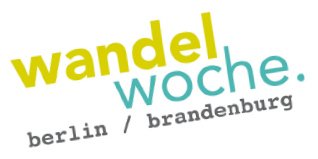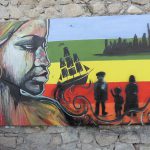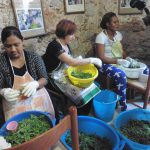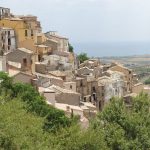
- Diese Veranstaltung hat bereits stattgefunden.
Solidarische Entwicklung im ländlichen Raum nach dem Vorbild Riace?
17. September 2016 um 11:00 - 15:00
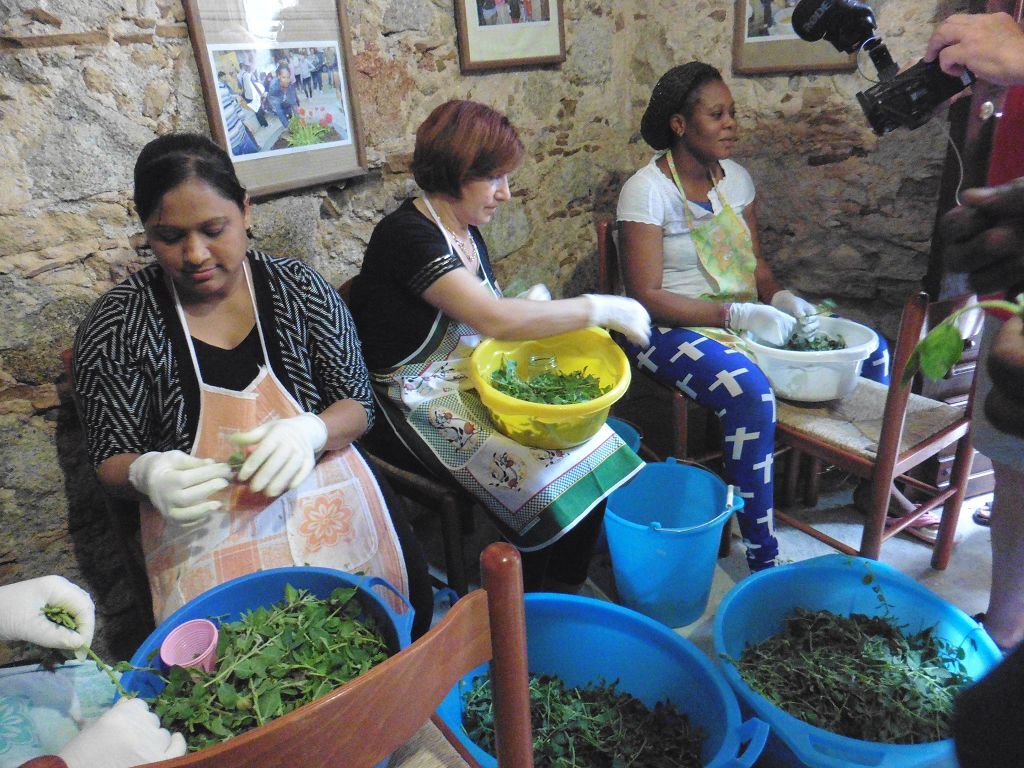
Danke an alle Beteiligten für eine spannende Veranstaltung! Den ersten Bericht findet ihr auf dieser Seite ganz unten.
Im sogenannten „Modell Riace“ und umliegenden Dörfern in Kalabrien/Süditalien wird versucht, durch die Aufnahme von Geflüchteten die verlassenen Bergdörfer zu beleben. Elisabeth Voß (Betriebswirtin und Publizistin) und Bruno Watara (Bündnis gegen Lager) waren vor Ort und berichten bei dem Workshop über ihre Eindrücke, Inspirationen und Kritik, die sie von ihrer Reise aus Riace mitgebracht haben. Erfahrungsaustausch und Ideensammlung für Brandenburg mit anschließendem Besuch auf dem Markt der regionalen Möglichkeiten.
****ENGLISH VERSION BELOW******
- Beginn: 11.00 Uhr Marktplatz Kyritz, Workshopzelt
- Dauer ca. 3,5 Stunden mit Mittagspause
- Fortbewegungsmittel: Anfahrt mit der Regionalbahn und zu Fuß
- Die Veranstaltung findet in deutscher Sprache statt und ist weitgehend barrierfrei. Wir bemühen uns um Übersetzung ins Englische / Französische / und weitere Sprachen.
- Für Fragen: mail(aett)das-kooperativ.org, meldet euch gerne, wenn ihr teilnehmen wollt, damit wir wissen, mit wievielen Menschen wir rechnen können
Der Workshop
…mit Elisabeth Voß (Betriebswirtin und Publizistin) und Bruno Watara (Bündnis gegen Lager). Moderation wird noch bekannt gegeben.
Seit Jahren ziehen immer mehr Menschen in große Städte. Dort erhoffen sie sich Arbeitsplätze, finden kulturelle Angebote und alles, was Menschen im Alltag benötigen. Ländliche Regionen verwaisen, werden vom Nahverkehr abgehängt, Schulen schließen, es gibt zu wenig ärztliche Praxen, kaum noch Läden und Gaststätten. Und nun kommen Menschen nach Deutschland, Schutzsuchende auf der Flucht vor Kriegen und Klimakatastrophe, und auch sie zieht es in die Städte. Im sogenannten „Modell Riace“ und umliegenden Dörfern in Kalabrien/Süditalien wird versucht, durch die Aufnahme von Geflüchteten die verlassenen Bergdörfer zu beleben. Elisabeth Voß (Betriebswirtin und Publizistin) und Bruno Watara (Refugee Activist) waren vor Ort und berichten bei dem Workshop über ihre Eindrücke, Inspirationen und Kritik, die sie von ihrer Reise aus Riace mitgebracht haben. Welche Aspekte aus Riace lassen sich auch auf andere Regionen übertragen? Wie sieht es in Deutschland aus? Was können diejenigen, die gerne außerhalb der Großstadt leben möchten, selbst dazu beitragen, dass ihre Region zu einem attraktiven Lebensumfeld wird? Welche Unterstützung brauchen sie dafür? Wie können Einheimische gemeinsam mit Geflüchteten ein solidarisches Zusammenleben und Zusammenarbeiten im ländlichen Raum organisieren?
Einen Bericht aus Riace von Elisabeth Voß auf der Seite der Rosa-Luxemburg Stiftung Hamburg findet ihr hier: http://www.hamburg.rosalux.de/bildungsreisen-hamburg/reisebericht-riace.html
Nach einem kurzen Rundblick zu verschiedenen Projekten durch Elisabeth Voß eröffnet Frank Wesemann (Landwirt Solidarische Landwirtschaft in der Prignitz) den Raum für Diskussionen für konkrete Projekte und Anknüpfungspunkte in der Region Prignitz/Ostprignitz. Im Anschluss können auf dem Markt der regionalen Möglichkeiten weitere Projekte besucht, Gespräche vertieft und Kontakte geknüpft werden.
Der Workshop versteht sich als Auftakt für viele weitere Verabredungen zu diesem Thema. Alle Beteiligten haben die Möglichkeit auf einer Wand Kontakte, Ideen, Bedürfnisse und Angebote festzuhalten.
Fotos: Elisabeth Voß
Die Veranstaltung wird durchgeführt von der Rosa-Luxemburg-Stiftung Brandenburg und das kooperativ e.V. im Rahmen der Wandelwoche Berlin-Brandenburg
Erste Eindrücke
Solidary development in rural areas following the example of Riace?
In the so-called Riace Model in Calabria, Southern Italy, a number of villages revitalise their communities by inviting refugees into their mountain villages. Elisabeth Voß (business economist and journalist) and Bruno Watara (Bündnis gegen Lager, Alliance against refugee camps) have visited the project, will share their impressions and tell us of their inspiration and criticism. Within the workshop there will be an exchange of experiences and further ideas in relation to the Brandenburg area. Afterward, we will jointly visit the „market of possibilities“.
Saturday, 17th September 2016, 11am to 2.30pm
starts: 11am Marktplatz Kyritz, workshop tent
length: ca. 3.5 hours, including lunchbreak
transportation: by train and on foot
The tour is mostly accessible to participants with impairments and will take place in German. Interpretation into English and French are available upon request.
For further questions and to register please contact: mail(at)das-kooperativ.org
Details of this workshop
This workshop is offered by Elisabeth Voß (business economist and journalist) und Bruno Watara (Bündnis gegen Lager, Alliance against refugee camps). The host is yet to be announced. For years, the number of people moving into metropolitan areas has been growing. They hope for work there and find a range of cultural activities and all they need for their daily lives. In turn, rural communities are drained of people, cut off public transport, schools are closed, health services cut, shops and restaurants disappear. Now people are coming to Germany, seeking refuge from war and climate catastrophes. They, too, are heading for the cities. The so-called „Riace Model“ in Riace and the surrounding villages in a region in Calabria in southern Italy attempts to settle refugees in desolate mountain villages in order to revive the region. Elisabeth Voß and Bruno Watara have been there and can tell us of their impression of the Riace project. They will speak of how it inspired them and what can be improved. Which aspects of the Riace project can be applied to other regions? What is the situation in Germany? What can those who prefer to remain outside the big cities do to make their regions attractive? What kind of support do they need in order to do this? How can locals and refugees in rural areas collectively create a life shaped by solidarity and cooperation?
Elisabeth Voß will give a brief overview over various projects, followed by a discussion of concrete projects in and links to the Prignitz/ Ostprignitz region hosted by Frank Wesemann (farmer of a community supported agricultural farm in the Prignitz region). Afterwards, further projects can be studied, the discussion can be continued and contact details can be exchanged on the „market of possibilities“.
The workshop should be seen as a prelude to many more get-togethers concerning this topic. Participants can leave their contact details or dot down ideas, needs and offers on a wall provided for this purpose.
This event is offered by the foundation Rosa-Luxemburg-Stiftung and das kooperativ e.V. as part of the Week of Change.
